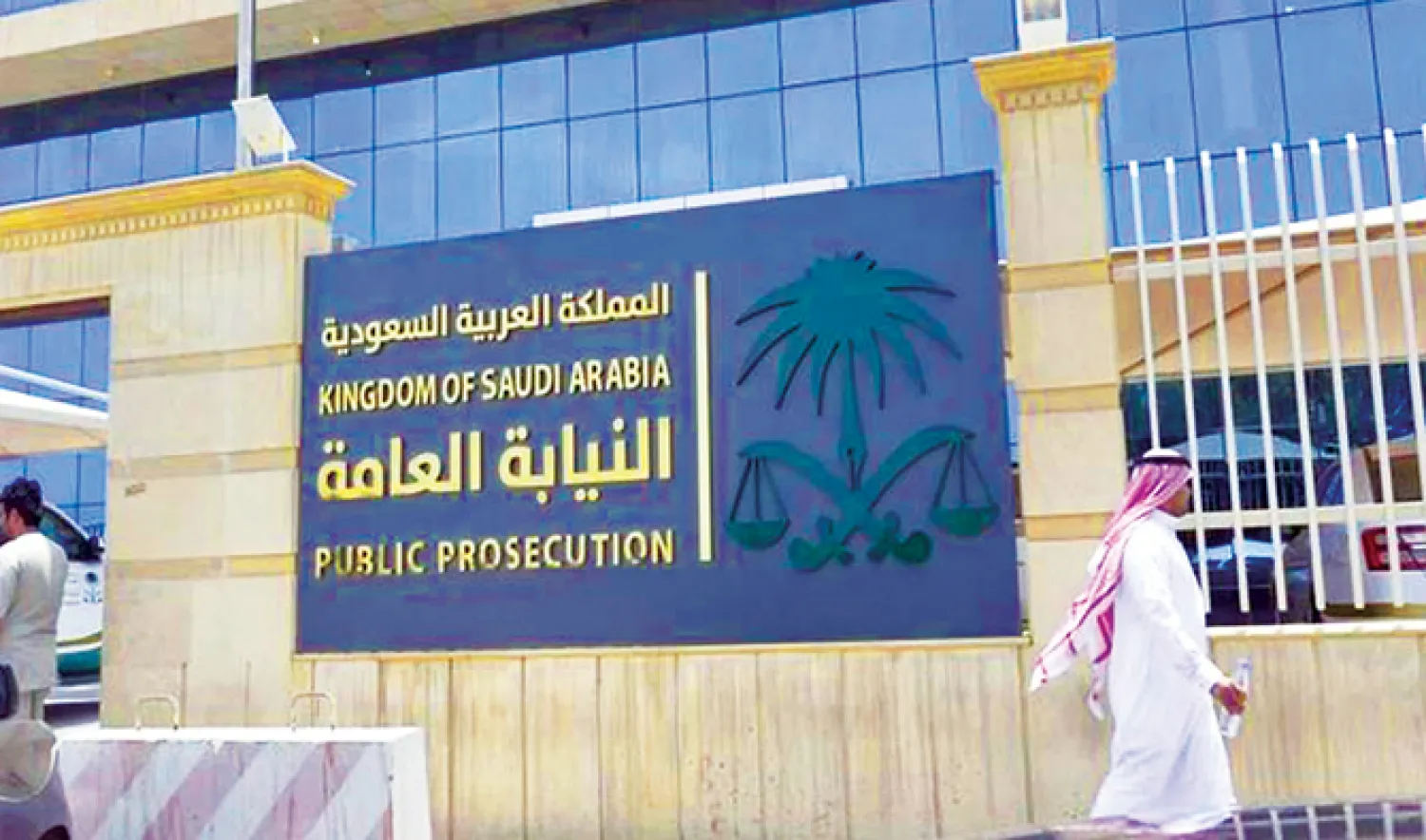Saudi public prosecution sentenced 21 citizens and residents involved in money laundering cases to a total of 106 years in prison.
The prosecution seized about $1.3 millions of their funds, almost $533,300 in bank accounts, and a similar amount in money transferred outside the country.
The Public Prosecution indicated that five citizens opened seven commercial institution records to import foodstuffs. They established bank accounts, that were handled by the Arab residents, to use them in depositing illegal sums of money and transferring them abroad, in exchange for a monthly wage.
Following investigations, the accused were found guilty of money laundering and transporting and transferring illegal funds.
The competent court sentenced all the convicts to a total of 106 years and fined them $1.3 million. The sentence also included seizing about $124 million.
Authorities issued a travel ban for the Saudi defendants, and the convicted expats will be deported after serving their prison term.
The Public Prosecution indicated that it is preparing a mandate to recover funds from abroad, cautioning citizens and residents against allowing others to use their bank accounts and commercial records.
It warned that such action is a threat to financial and economic security, stressing its demand for severe penalties against the accused.









